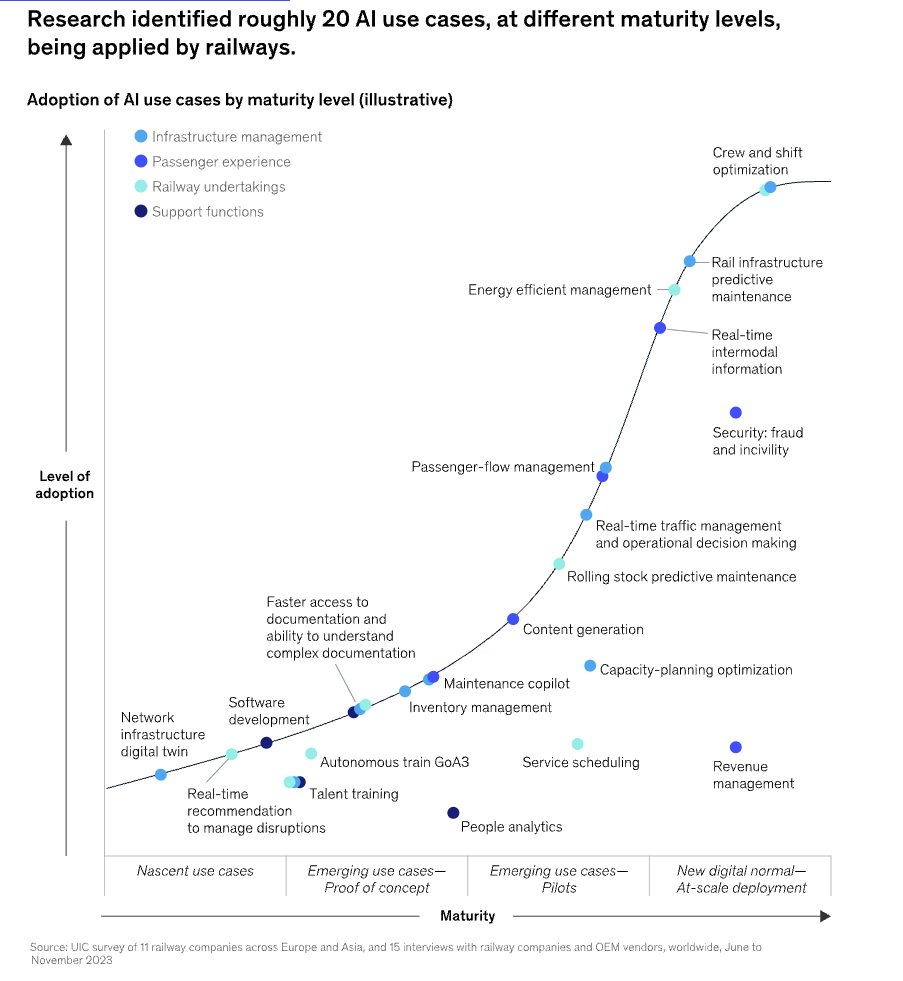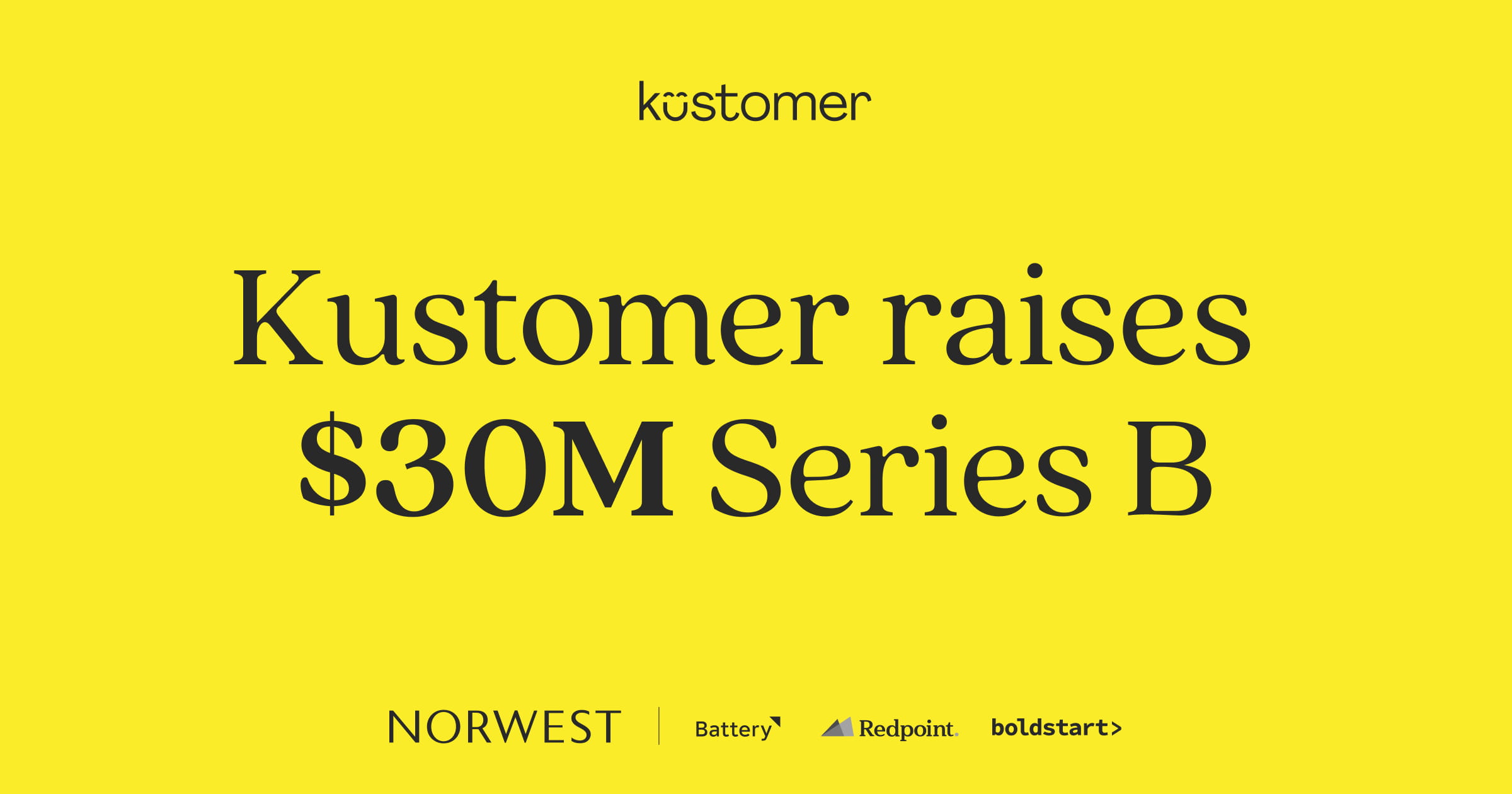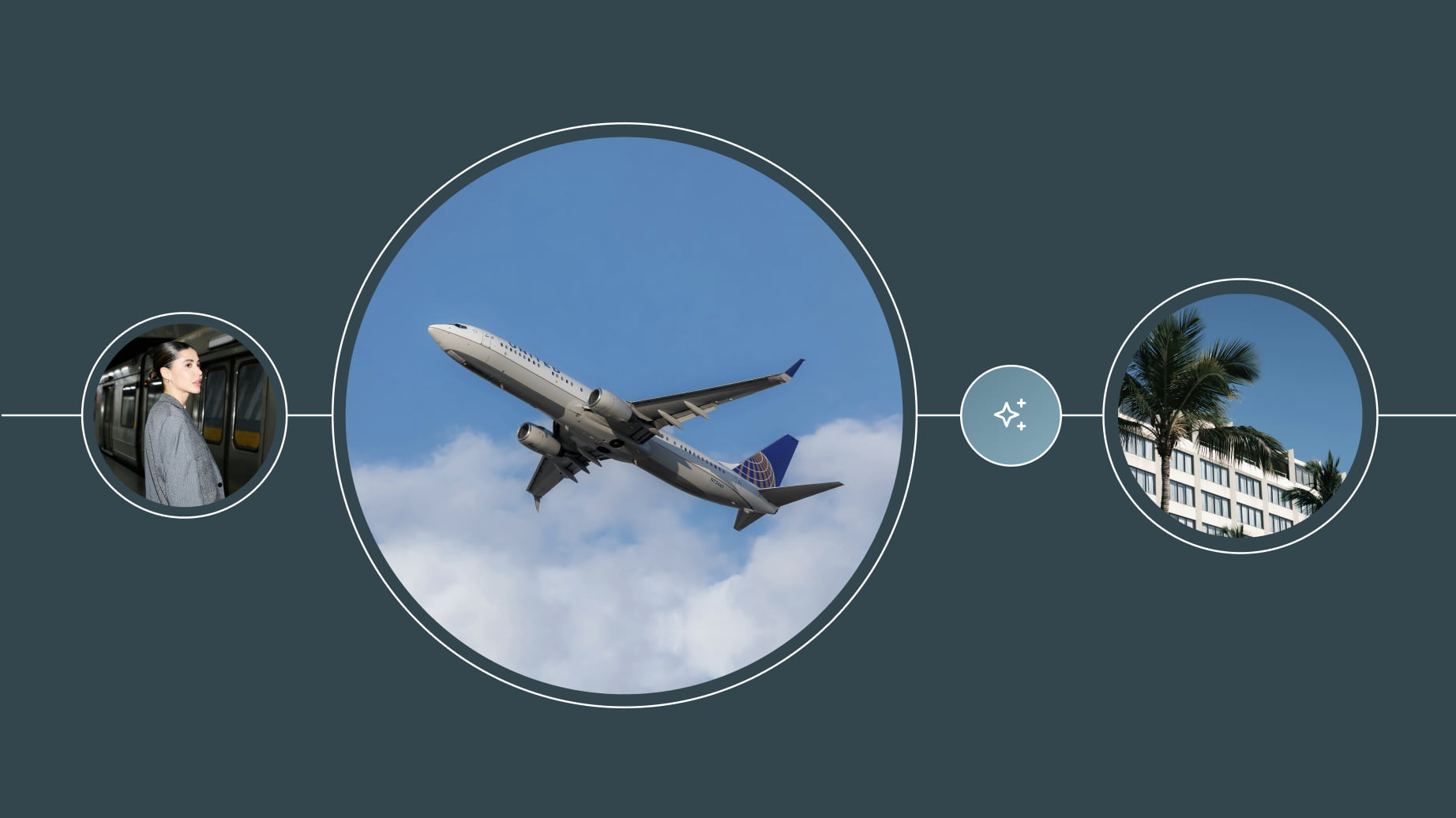We all know AI is the next big disruptive technology in the customer experience field, and AI is revolutionizing every leg of the travel journey. Travel-adjacent companies across air, rail, lodging, and ground transportation are using generative and predictive AI to enhance both operations and customer experiences.
Booking platforms like Hopper and Priceline, transportation companies like JetSuiteX and Turo, lodging companies like Loveholidays, Mint House, and Kasa Living, and experience-based companies like Boatsetter and TukTuk Rentals are all using Kustomer to power their customer experience. Kustomer supports travel brands big and small at all points of the travel journeys, with new AI tools like AI Agents for Customers and AI Agents for Reps empowering customers and agents alike.
Watch how these two tools work together in a demo for a rental car interaction:
Of course, it’s helpful to see what other leaders are doing for inspiration on how to take technology to the next level. Let’s see how major players are implementing AI across the travel ecosystem:
How airlines are using AI
Air travel is one of the key use cases for AI as travelers need fast service and up-to-date information to make their journeys smoothly. Here are four ways airlines are applying AI to enhance operations and the customer experience.
United
Many of the key challenges that customer experience teams within financial services organizations face United launched its Every Flight Has a Story initiative in 2018. Now, United uses generative AI to provide richer explanations to customers for flight delays. It decodes operational data and notes from flight crews that often have a lot of jargon to produce a draft of what’s causing the specific delay. Human storytellers review the draft the AI generated and can make edits from there.
In Kustomer, you can set up bulk messaging to proactively communicate with your guests when there’s notable information to share about their trip or purchase with you.
Lufthansa
Lufthansa is using AI to make booking travel easier and more enjoyable for passengers. Their AI assistant, Swifty, aids business travelers in booking trips. Lufthansa also has plans to integrate other travel touchpoints like ground transportation. This is a great example of a possible application for Kustomer’s AI Agents for Customers, a customer-facing tool to resolve customer service needs - not just deflect questions like with a chatbot.
In addition, Lufthansa is already using AI to plan flight paths to optimize fuel consumption and reduce emissions.
Delta
In July 2025, Delta announced it would be rolling out AI-powered pricing for its tickets, using it on 3% of flights with goals to scale it to 20% of flights by the end of the year. This is an example of how AI can help boost efficiency within an organization, but consumer sentiment has been negative with customers predicting this will allow Delta to maximize revenue without delivering a better experience for travelers.
Southwest
Southwest is known to have legacy systems that resulted in travel meltdowns in December 2022. In an effort to recover from that, Southwest used AI to modernize its crew leave management system, upgrading from a legacy tech stack. AI reduced the backlog by half and saved over 200 hours across engineering, technology and business specialists during the planning and design project phases.
Using AI to develop or enhance internal systems that support customer-facing employees will help them show up to work ready to deliver the best experiences for customers.
How rail travel companies are using AI
A report from McKinsey found that as of March 2024, railway companies were already implementing AI for 20 key use cases, with key passenger experience domains like marketing, pricing, booking and ticketing services, and railway journey and passenger information. Some of the passenger experience initiatives are further along the AI maturity axis and the level of adoption. Some infrastructure management use cases will likely also indirectly enhance the passenger experience as well.

Europe Rail is using AI to predict passenger demand and delays by analyzing historical data in conjunction with weather conditions. Hitachi Rail is using AI and the metaverse to detect abnormalities in train tracks, such as corrosion, then quickly identifying which tracks need maintenance. This allows crews to handle maintenance faster, preventing delays for passengers. These two applications can help transit providers deliver a better passenger experience by getting travelers to their destinations more smoothly.
How lodging brands are using AI
Once you get to your destination, you need somewhere to stay. Here’s how three lodging brands are using AI to enhance the guest experience.
Airbnb
In May of this year, Airbnb launched an AI-powered customer service chatbot and noted half of customers were using it, leading a 15% reduction in customers needing to contact live customer service team members
Airbnb’s rollout of AI aligns with some industry best practices: their team thinks about “how AI is going to change the experience at the consumer layer over time” according to Airbnb co-founder Nathan Blecharczyk.
Hilton
One of the first examples of AI in hospitality, Hilton piloted its IBM Watson-powered physical robot Connie in 2016 to answer guest questions and give directions. The robot was just piloted at one Hilton hotel in Virginia. At the time, it was unable to check in guests, but it used AI to learn from how guests interacted with it.
Marriott
Marriott International launched an AI-powered search tool on its Homes and Villas website, using natural language processing rather than the typical search parameters of locations and dates. This allows guests to more easily find lodging that meets their specific search criteria.
The company is also using AI to enhance the experience for event planners that host their events with Marriott-owned venues. Event planners can leverage data-driven planning for room configurations, catering, and attendee engagement, resulting in a better experience for travelers, like conference attendees or wedding guests.
How ground transportation travel companies are using AI
Whether you’re grabbing a rental car or going the rideshare route to get around at your destination, AI will be part of your last-mile.
Uber
Rideshare platform Uber is digitally native so it’s no wonder it’s adopting AI. Uber is using AI for personalization based on customers’ preferences, prior transactions, and contextual scenario. It is also using AI for fare adjustments when encountering traffic or tolls, and coming up with “equitable resolutions” according Jai Malkani, Head of AI and Product, Customer Obsession at Uber.
Uber also owns Careem, a ride-hailing and food delivery platform operating in the Middle East, Africa, and Southeast Asia. Selim Turki, head of data and AI at Careem, discusses how the platform uses AI for hyper-personalization, such as factoring prayer times for the Muslim communities they serve.
Lyft
Another rideshare platform, Lyft uses AI with a focus of getting riders where they want to be more efficiently. It first applied machine learning to understand real-time traffic to improve the accuracy of ETAs and help connect riders and drivers faster. It also updates suggested destinations based on customers’ past locations and behaviors by time and day of the week, allowing for a 60-70% accuracy rate in predicting destinations.
For travel specifically, Lyft is piloting a preorder experience when travelers arrive at airports so they can request a ride in advance, delivering a much better experience than having to wait around longer after a traveler has gone through customs or picked up baggage.
Hertz
Hertz has rolled out drive-through scanners that use AI technology to inspect rental cars for damage upon return, going beyond what human employees can see. However, initial reports from consumers note they’re facing repair costs of hundreds of dollars for imperceptible damage, and having trouble connecting with a human customer service agent to address it.
This is another example of where the application of the technology benefits the brand, but not so much the customer. These AI-powered innovations should be paired with human support to ensure the experience doesn’t drive customers away from a future purchase for fear of a bad experience and surprise bill. (Luckily, Kustomer makes true human-in-the-loop AI powered support easy with bidirectional handoffs - no customer service doom loops here.)
Closing thoughts
Every brand will need an AI strategy to compete, especially as AI turns from a futuristic add-on to an operational necessity. As these travel industry companies show, AI can streamline operations, personalize experiences, and proactively solve problems before they impact the customer. The clear winning uses of AI are those that directly aid the traveler experience or make operational enhancements that allow employees to enhance the service they deliver.
For customer experience leaders, now is the time to invest in AI thoughtfully. Look for high-impact opportunities where AI can support your team, delight your travelers, and differentiate your brand. Customer experience is one of them, and Kustomer is here to help. Travel booking platform Hopper used Kustomer and experienced a 10% increase in CSAT scores plus a 50% reduction in First Response Times.
Check out the product tour or schedule time to talk with our sales team to learn how Kustomer can supercharge your brand’s customer experience!




